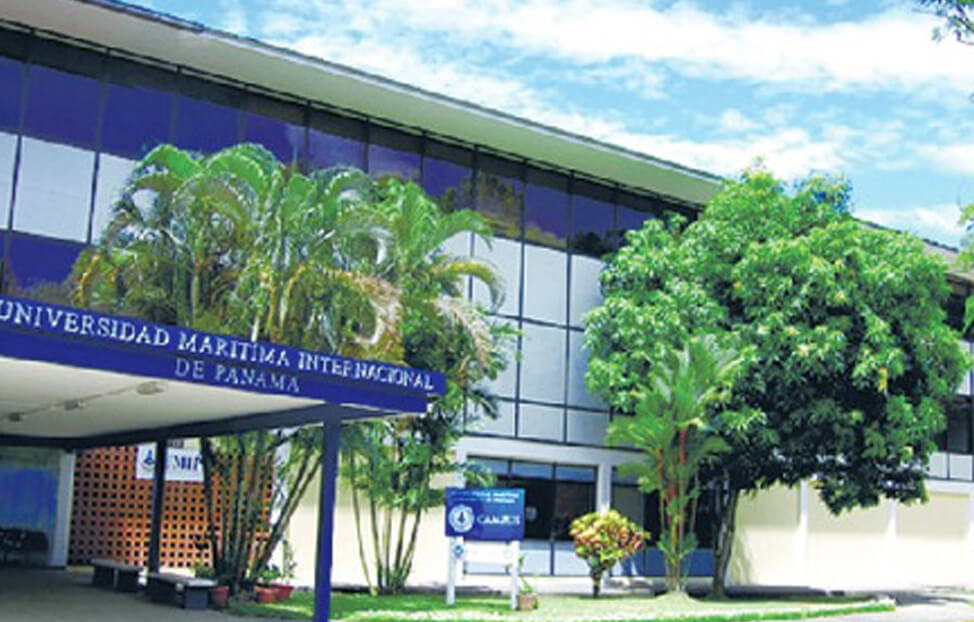The First Latin America Regional Workshop of the GMN Phase II, titled “Maritime Decarbonization through Energy Efficiency Technology Solutions,” was scheduled to take place at the International Maritime University of Panama (UMIP), Panama City, Republic of Panama, from the 18th to 19th of March. This workshop brought together key maritime stakeholders, policymakers, industry leaders, researchers, and technical experts from across the region to explore and promote sustainable solutions for reducing greenhouse gas (GHG) emissions in the shipping sector. Aligned with global climate objectives and international regulatory frameworks, this workshop provided a dynamic platform to exchange knowledge, discuss best practices, and showcase cutting-edge energy efficiency technologies that could accelerate the transition to a low-carbon maritime industry in Latin America. Participants engaged in in-depth discussions on innovative strategies and policy measures designed to enhance energy efficiency, optimize ship operations, and facilitate the adoption of cleaner maritime technologies. Through interactive sessions, case studies, and expert presentations, attendees gained valuable insights into practical and scalable solutions that supported the sustainable growth of the regional shipping industry.
For the complete Workshop report, please refer to the following document: MTCC-LA 1RW LATAM GMN II Report
Additionally, the event fostered collaboration among regional stakeholders, encouraging partnerships between governments, academic institutions, industry leaders, and international organizations. By strengthening regional cooperation, the workshop aimed to create a roadmap for the effective implementation of decarbonization strategies, ensuring that Latin America remained at the forefront of maritime sustainability efforts. This milestone event represented a crucial step toward advancing shipping decarbonization in the region, paving the way for a greener and more energy-efficient future in line with international maritime environmental commitments.
Benefitting the Future: The workshop brought together representatives from 20 countries across the Latin America region, demonstrating a strong commitment to advancing sustainable maritime practices. These organizations contributed valuable perspectives on workforce development, leadership, and capacity-building initiatives that supported a more diverse and sustainable maritime industry. Through this collaborative effort, the workshop aimed to foster regional cooperation, share best practices, and accelerate the adoption of energy efficiency technologies, ensuring that Latin America remained at the forefront of global maritime sustainability efforts.
Empowering Women in Maritime: As part of the First Latin America Regional Workshop of the GMN Phase II, the participation of regional women’s organisations in the maritime sector highlighted the vital role of women in shaping the future of sustainable shipping. By fostering greater inclusion and leadership opportunities, this initiative aimed to empower women as key drivers of innovation, policy development, and the adoption of energy-efficient technologies in the industry. Through dedicated discussions, knowledge-sharing sessions, and networking opportunities, the workshop provided a platform for women professionals, policymakers, and industry leaders to exchange insights and strengthen collaboration. Recognising that diversity enhances problem-solving and decision-making, this effort aligned with global sustainability and gender equality goals, ensuring that women played a central role in shipping decarbonization and maritime energy efficiency advancements. Amongst the representatives from the beneficiary countries of the region, representatives from the following associations, WISTA, Red MAMLa, and Wins, participated and fostered networking and professional development opportunities for women during the workshop.



